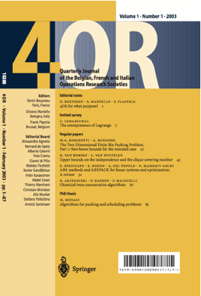 Recently, the editors of a journal about management science received a submission from a prominent Dutch economist. But something didn’t feel right about it.
Recently, the editors of a journal about management science received a submission from a prominent Dutch economist. But something didn’t feel right about it.
For one, the author submitted the paper using a Yahoo email address. So the editors contacted the author via his institutional email; immediately, the researcher denied having submitted the paper — and said it had happened before. And then things got really interesting.
The editors — Yves Crama, Michel Grabisch, and Silvano Martello — decided to run a “sting” operation, pretending to consider the paper, and even submitted their own fake reviews, posing as referees. They accepted the paper via the electronic submissions system, then lo and behold:

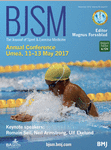

 Earlier this month, BioMed Central and Springer announced that they were
Earlier this month, BioMed Central and Springer announced that they were 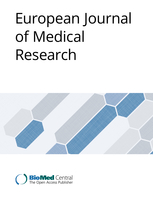
 In a massive cleanup, Springer and BioMed Central announced today they are retracting 58 papers for several reasons, including manipulation of the peer-review process and inappropriately allocating authorship.
In a massive cleanup, Springer and BioMed Central announced today they are retracting 58 papers for several reasons, including manipulation of the peer-review process and inappropriately allocating authorship.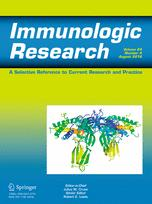

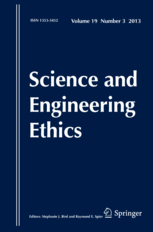 In many fields, first authors on scientific papers represent the person who’s performed the bulk of the research. Sometimes, that determination can be difficult to make, so we’ve seen many papers that list multiple first authors, noting that each contributed equally to the work. But is it possible — or ethical — to claim six authors all deserve top billing on a paper?
In many fields, first authors on scientific papers represent the person who’s performed the bulk of the research. Sometimes, that determination can be difficult to make, so we’ve seen many papers that list multiple first authors, noting that each contributed equally to the work. But is it possible — or ethical — to claim six authors all deserve top billing on a paper?